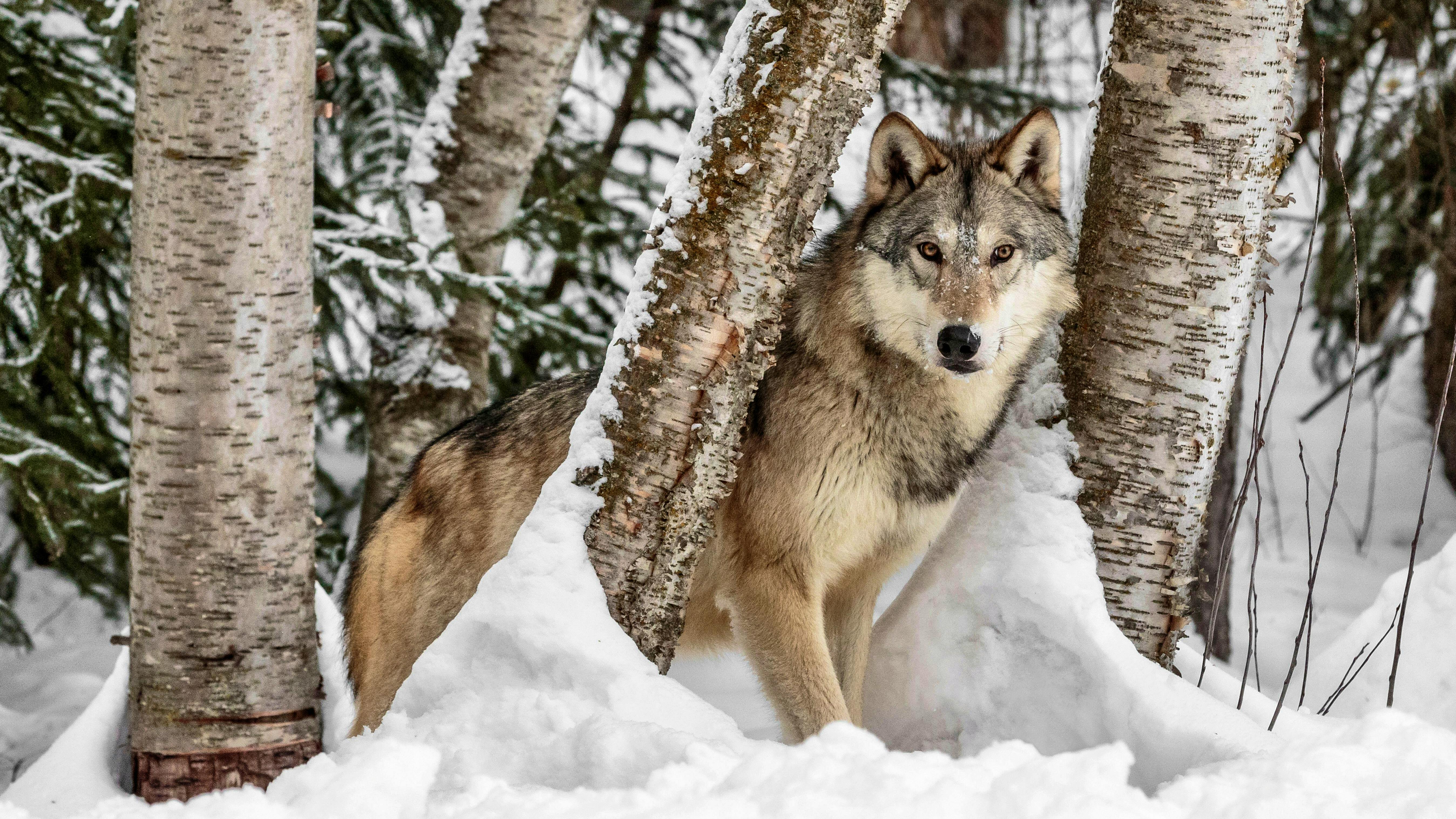Your weekly roundup of wildlife news from across the country
Iconic Carnivores Safer on Alaska Wildlife Refuges
On Wednesday, the U.S. Fish and Wildlife Service announced a new rule to protect bears, wolves, and other predators on Alaska wildlife refuges from aggressive hunting. For some time, the state had been pursuing aggressive an predator control program even on national wildlife refuges, killing large carnivores to boost the numbers of moose, deer and other animals available for hunting. Thankfully, the new rule will keep this program out of our wildlife refuges in Alaska, and allow these carnivores to continue fulfilling their incredibly important role in their ecosystems.
Learn more about the new rule and those already gathering opposition against it>
Then, thank the Service for standing strong for wildlife against the state’s program >
The Rogue Pack Welcomes New Additions
Biologists recently confirmed that Oregon’s Rogue Pack, led by famed wandering wolf OR-7, welcomed at least two new additions this year! Remote cameras caught sight of two new pups with the pack, which was the first established in western Oregon in more than 60 years.
Check out photos of the Rogue Pack’s new pups >
Boat Traffic Taking a Toll on Florida Manatees
Florida’s manatees, already under pressure from a mysterious illness brought on by pollution in Indian River Lagoon, are also facing an increase in boat strikes this year. So far in 2016, boats have killed 71 Florida manatees, and while boating season is at its peak, it is far from over. In 2009, a record high of 97 manatees were killed by boats. If the pace keeps up, we could see a sad new record set this year.
Read more about this threat to manatees >
Possible Setback for the Rosemont Mine
A branch of the U.S. Army Corps of Engineers stated this week that the Rosemont Mine project – a pit mine proposed for a valuable area of habitat in the southwest – should be denied the permits it needs to move forward. The recommendation doesn’t necessarily mean that the Corps’ final decision will be to deny such a permit, but it is a sign that at least some of the environmental concerns around the proposed mine are being taken seriously. If the mine does move forward, it stands to cause serious damage to important habitat for a number of threatened and endangered species, including the only jaguar currently living in the U.S.
Find out more about what this recommendation means for the Rosemont Mine >
150 Years of Walrus Haulouts
The U.S. Geological Survey released a new database this week, the result of an effort between the U.S. and Russia to better track and understand walrus behavior in the and around the Arctic. The database contains accounts of more than 150 years of walrus haulouts – instances where walruses congregate on shore in droves when less sea ice is available. As haulouts have increased in recent years, experts hope that the information in this new database will provide insight into how walrus behavior is changing.
Read about the trends researchers have discovered using the new database >
Note Well: Wildlife is NOT Your Canvas
The Florida Fish and Wildlife Conservation Commission is making an unusual request to residents and visitors this week: Please stop painting the turtles! Reports have increased of live turtles and tortoises with their shells decorated with paint, markers or other materials. Such a practice isn’t only disturbing to the animals, but can also be downright dangerous. Officials note that paint on the animals’ shells can “hinder their ability to absorb vitamins they need from the sun, cause respiratory problems, allow toxic chemicals into the bloodstream and more.”
So folks, if the creative urge strikes you, please – go grab some paper and leave the wildlife alone!
Read more about this unfortunate trend >
Ready, Set, Griz!
Scientists estimate that there are fewer than 10 grizzlies left in the North Cascades. But while the government puts together a plan for restoring a healthy population of grizzly bears to this ideal habitat, research shows that Washingtonians are more than happy to welcome these iconic animals back!
Learn about the steps we’re taking to lay the groundwork for the grizzlies’ return >






Follow Defenders of Wildlife
facebook twitter instagram youtube tiktok threads